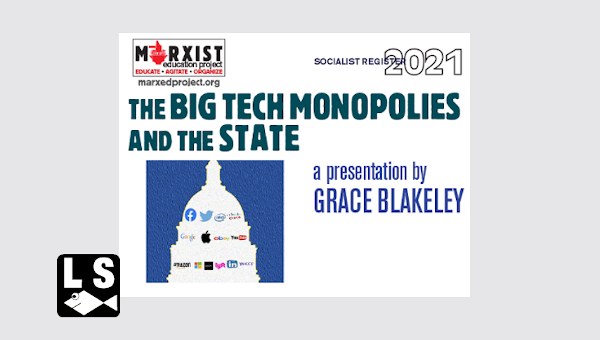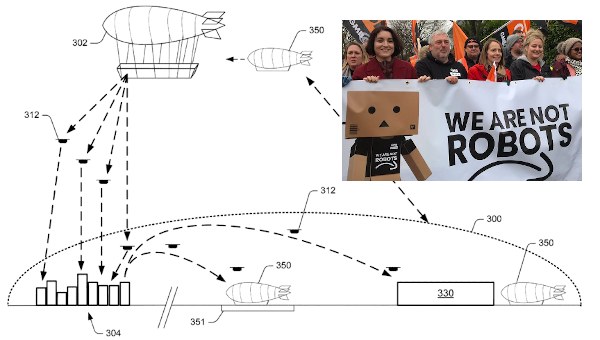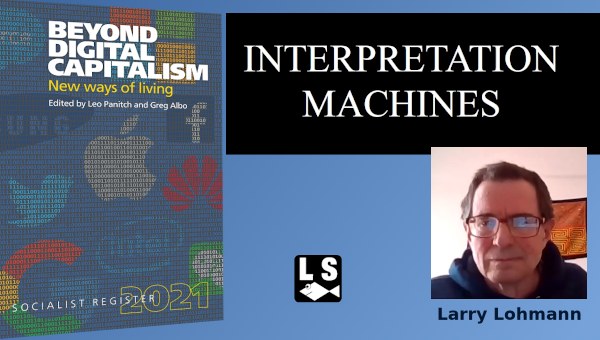Technological advancements have transformed our daily lives, and politics is changing too. The issues may not change that much – people want decent housing and decent jobs, they want access to education and opportunity, they want thriving public services and a society which works for the millions not just the millionaires. But the terrain on which opinions are formed is changing.
With rapid advances in digital technology, data and information can become sources of inequality and exploitation as well. This digital manifesto is about ensuring that our advances are shared, utilised and enjoyed by everyone, as part of a wider strategy to rebuild and transform Britain so that no one and no community is left behind.

Universal Service Network
We will deliver high speed broadband and mobile connectivity for every household, company and organisation in Britain from the inner city neighbourhoods to the remotest rural community.
Open Knowledge Library
We will create a free-to-use online hub of learning resources for the National Education Service. The Open Knowledge Library will be the digital repository of lessons, lectures, curricula and student work from Britain’s nurseries, schools, colleges and universities.
Community Media Freedom
We will ensure that a diversity of views and opinions are heard. The BBC Charter will be updated with a commitment to nurture programming from local and identity communities. The Office of Communications will protect network neutrality. Funding bodies will be encouraged to sponsor new media arts projects. We will reform the laws on intellectual property so that producers and consumers benefit.
Platform Cooperatives
We will foster the cooperative ownership of digital platforms for distributing labour and selling services. The National Investment Bank and regional banks will help to finance social enterprises whose websites and apps are designed to minimise the costs of connecting producers with consumers in the transport, accommodation, cultural, catering and other important sectors of the British economy.
Digital Citizen Passport
We will develop a voluntary scheme that provides British citizens with a secure and portable identity for their on-line activities. The Digital Citizen Passport will be used when interacting with public services like health, welfare, education and housing. The individual holders of a Digital Citizen Passport will be able to control who has access to their personal data and for what purposes.
Programming For Everyone
We will require that all publicly funded software and hardware is released under an Open Source licence. Public bodies will financially reward staff technicians who significantly contribute to Open Source projects.
A People’s Charter of Digital Liberty Rights
We will launch a public consultation with people and parties across the political spectrum to draw up a digital bill of rights. This constitutional settlement will reaffirm the continued importance of long-held and hard-won individual and collective freedoms within the new information society.
Massive Multi-Person On-line Deliberation
We will utilise information technologies to make popular participation in the democratic process easy and inclusive. We will aim to organise both online and offline meetings for individuals and communities to deliberate about pressing political issues and participate in devising new legislation. We will create a 21st century networked democracy where everybody can be a political decision-maker. •
Source: jeremyforlabour.com. Download the full policy – PDF.





